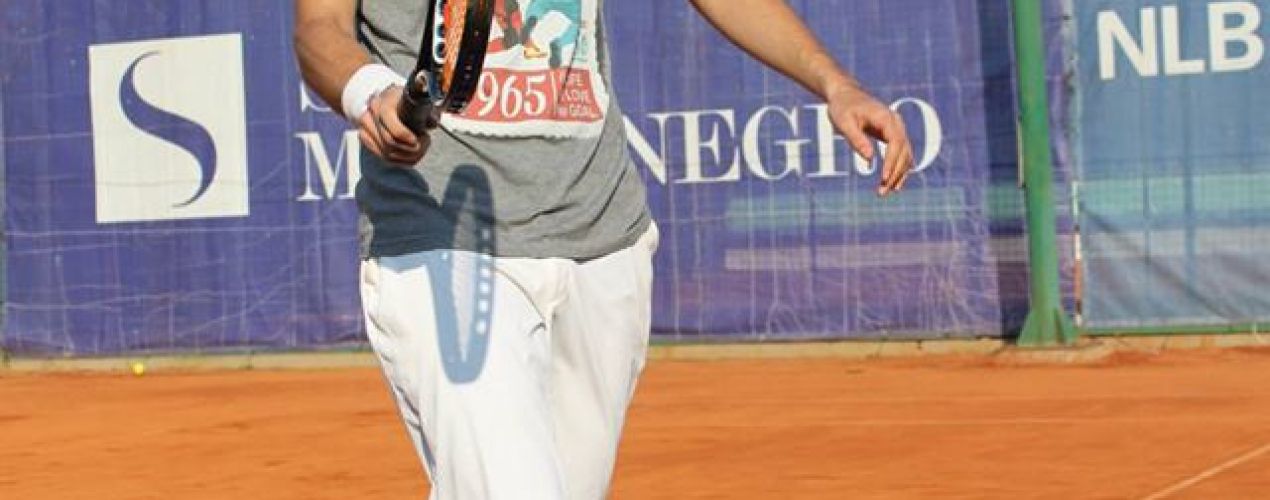1. Anti-Doping
Doping is not a guarantee of success in sport. In fact, its effect is usually the opposite. A lot of elite sportsmen and sportswomen who did doping got caught. As a result, they lost pride and were banned for at least 2 years from participating in a sport they loved and lived for. An even bigger problem of doping are the effects on the body.
In elite sports, doping is defined as a violation of one or more anti-doping rules:
1. Presence of a prohibited substance in an athlete's sample
2. Use or attempted use of a prohibited substance or method
3. Refusing to submit sample collection after being notified
4. Failure to file athlete whereabouts information & missed tests
5. Tampering with any part of the doping control process
6. Possession of a prohibited substance or method
7. Trafficking a prohibited substance or method
8. Administering or attempting to administer a prohibited substance or method to an athlete
You can find the list of prohibited substances and methods on the internet. It's updated every year by the World Anti-Doping Agency (WADA) and it's valid for every sport. You should check every substance you are taking. Athletes need to completely avoid steroids, erythropoietin (EPO), stimulants, human growth hormone (HGH), marijuana and narcotics, and pay special attention also to dietary or nutritional supplements.
EUSA is active in Anti-Doping promotion, and has been a partner in the European Anti-Doping Initiative (EADIn), project aimed at establishing an European-wide Anti-Doping mentality in the youth sector by establishing a moral tenor towards concepts such as Fair-play, sensitizing and raising awareness on all levels of the complex social environment surrounding the doping problematic and implementing strategies to motivate young people to pass on the message and create a strong multiplying effect. Also the International University Sport Federation (FISU) has been actively promoting sports without drugs, also on university sport level.
EUSA is currently not enforcing doping tests at our events. In accordance with the national legislation of the host countries, however, doping controls may be implemented by the National Anti-Doping Agencies. If such doping tests are executed, the WADA rules and regulations are applicable to all athletes. Please remember that testing can be conducted in-competition and out-of-competition. If you are identified in a Registered Testing Pool (RTP), you must provide current and accurate whereabouts information.
What can you do to be an excellent sportsman or sportswoman?
- Practice right and live healthy
- Get more information about consequences of Doping
- Play fair and be a good role model to younger athletes
- Be committed to sport without doping
Doping? No, thanks!

